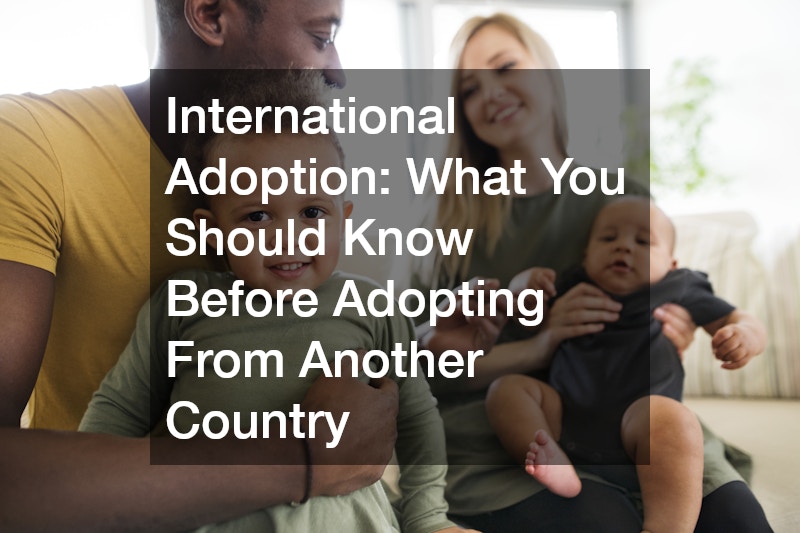International adoption is a life-changing journey filled with joy, challenges, and a deep sense of purpose. For those considering this path, understanding the regulations involved is essential. One of the most common misconceptions about international adoption is the extent of control prospective parents have in choosing the child they adopt. Contrary to what many might assume, the process is highly regulated, particularly due to international treaties like the Hague Convention, which prioritize the well-being of the child above all else.
The Role of the Hague Convention
The Hague Convention plays a crucial role in protecting the interests of children in international adoptions. This treaty was created to prevent child trafficking and ensure that adoptions are conducted ethically.
To achieve its goal, it has introduced stringent guidelines that significantly limit the ability of adoptive parents to choose specific characteristics of the child they wish to adopt.
For legal recognition of the adoption process in different countries, international adoption apostille documents are often required to authenticate the necessary paperwork. The focus is on ensuring that children are genuinely in need of adoption and that their rights are protected throughout the process. Court filing can be a long process so it’s important to do proper research.
Age and Health Considerations
One of the realities of international adoption today is that the likelihood of adopting a healthy infant is quite low. In many countries, infants are often not available for adoption due to the rigorous processes that ensure every effort is made to keep children with their birth families. This is a stark contrast to the past when orphanages might have had numerous babies available for adoption.
Now, the children who are available are often older and may have health conditions, some of which might be minor or correctable with proper medical care. Prospective parents must be prepared to embrace the possibility that the child they welcome into their home may have unknown medical issues due to the lack of comprehensive medical records in many countries.
Shifting Mindsets
The decision to adopt internationally requires not only logistical and financial preparation but also a significant mindset shift. Many prospective parents initially hope for a healthy, young child but may need to reconsider their expectations as they learn more about the realities of international adoption. This journey often involves deep reflection, as parents come to understand that their desire to provide a loving home can mean accepting challenges they hadn’t anticipated. It’s a process that requires faith, resilience, and a strong support system.
Final Thoughts
International adoption is a rewarding but rigorous process that demands careful consideration and an open heart. While the road may be long and filled with uncertainties, the love and commitment to providing a better life for a child in need make every step worthwhile.
.


